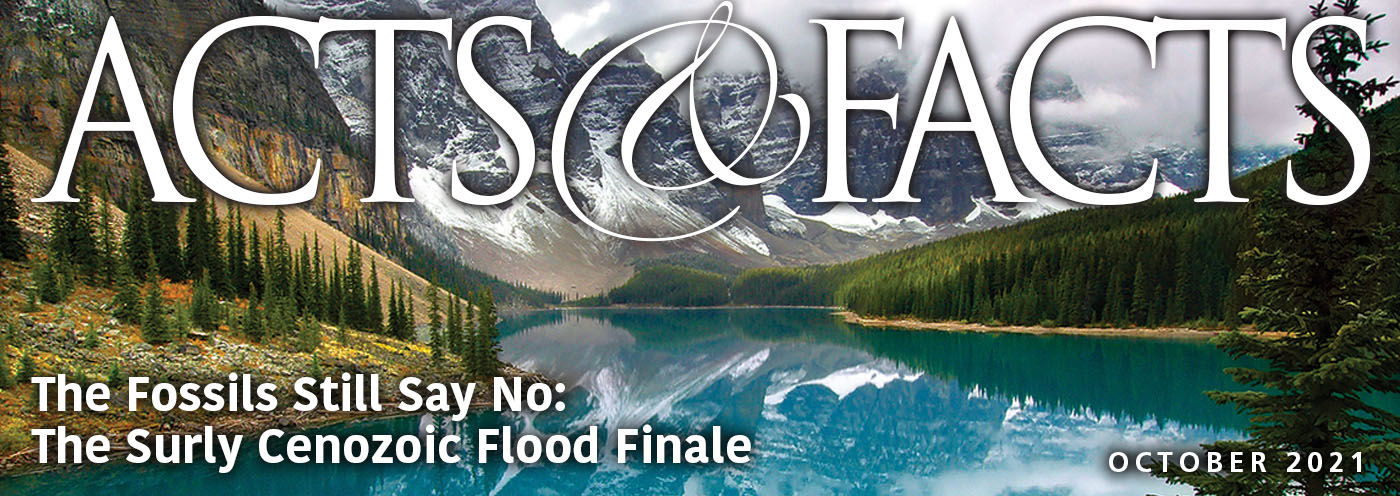Search Tools
New Defender's Study Bible Notes
16:19 rich man. Whether or not this is an actual event or intended as a parable, it is clear that its description of life after death is intensely real and relevant.
16:20 beggar named Lazarus. One indication that Jesus was relating a real event is that the name of the beggar is given. No other parable includes personal names. At the same time the rich man is left unnamed, suggesting that personal identities are forgotten in hell. “The memory of the just is blessed: but the name of the wicked shall rot” (Proverbs 10:7).
16:22 carried by the angels. When a believer dies, he does not die alone. Angels have guarded him in life (Hebrews 1:14), and they will accompany his spirit in death, transporting him to the presence of the Lord. “The chariots of God are twenty thousand, even thousands of angels: the Lord is among them, as in Sinai, in the holy place” (Psalm 68:17).
16:22 Abraham’s bosom. In the age before the cross and Christ’s victory over sin and death, the spirits of Jewish believers were transported, not to heaven, but to a separate compartment in the great pit at the heart of the earth, there to rest in peace awaiting the coming of Christ “and the opening of the prison to them that are bound” (Isaiah 61:1). This company of faithful was apparently under the care of “Father Abraham” (Luke 16:24).
16:23 hell. “Hell” (Greek hades, equivalent to the Hebrew sheol) is not the ultimate hell (Greek gehenna) referred to in Matthew 10:28, the same as the “lake of fire” (Revelation 20:15). Hades is another compartment in the pit at the earth’s center, where the spirits of the unsaved dead are confined, until the day of judgment. They were not set free, of course, when Christ freed the spirits of the faithful, but are still there.
16:23 Abraham afar off. Although the two compartments were impassably separated from each other, they were within the range of mutual sight and sound. This also reveals that disembodied spirits are somehow still recognizable and capable of inter-communication, even though such phenomena are presently beyond our limited understanding.
16:24 Father Abraham. Abraham was also a rich man; obviously the criterion for either comfort or torment after death is not merely that of wealth or poverty.
16:24 water. Since it seems physically impossible—at least to our limited understanding—that both tormenting fire and cooling water could co-exist at the center of the earth, or that disembodied spirits could feel either one, it is possible that both are spiritual. That is, the fires may be the burning flames of a tormented conscience and hopeless future; and the waters are the waters of life and salvation. Once this life is past, however, there is an impassable gulf between (Luke 16:26), so that one’s destiny is already set for eternity.
16:24 tormented in this flame. Lazarus had begged for crumbs from the rich man; now the rich man begged for a drop of water from Lazarus.
16:25 remember. This admonition informs us that memories will persist in hell, and therefore eternal regrets and resentments. Surely this is part of the torment that will endure forever.
16:31 hear not Moses. The criterion is doubly true today, for we have not only Moses and the prophets but the New Testament as well. Christ’s teaching, through this narrative (or parable, whichever it be) proved prophetic, for when He did come back from the dead, His enemies still were not persuaded, and did all they could to prevent His disciples from preaching His resurrection. On the other hand, there were many hearts that were still open, and such testimony did persuade them. The record says that “with great power gave the apostles witness of the resurrection of the Lord Jesus;” and it also says that “the number of the disciples multiplied in Jerusalem greatly; and a great company of the priests were obedient to the faith” (Acts 4:33; 6:7).






